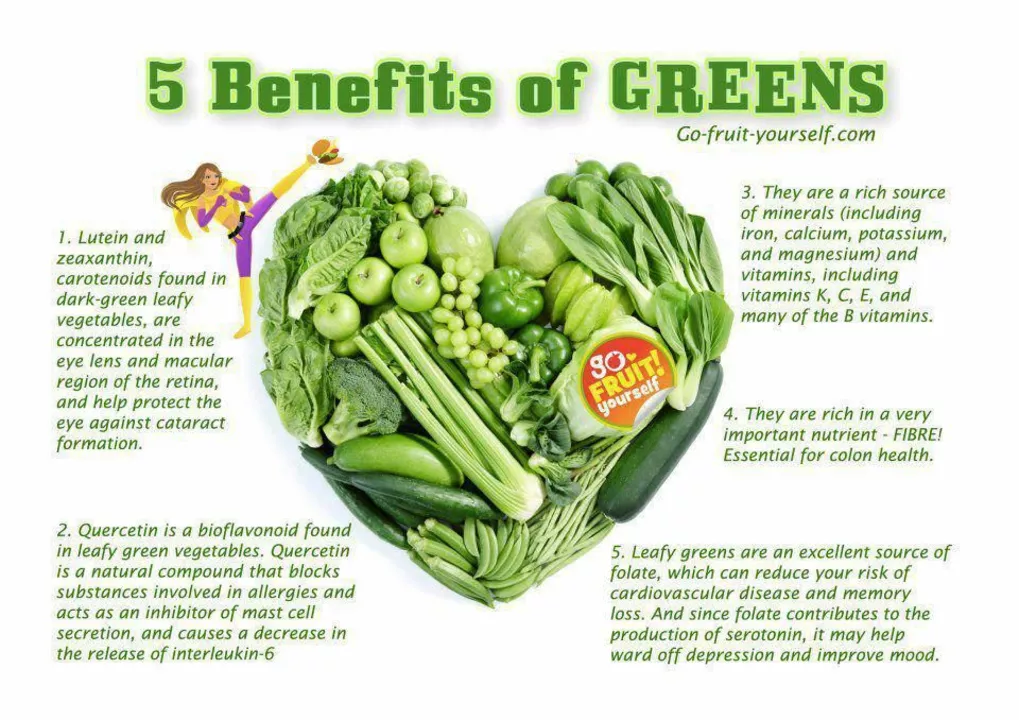Nutrients: Practical Guide to Supplements, Safety & Picks
Thinking about taking a supplement? Good — but pause for a minute. Supplements can help, hurt, or do nothing at all depending on quality, dose, and whether they clash with medicines you're already on. This page gives straight, usable tips so you pick supplements that actually help, avoid scams, and stay safe.
First, what counts as a nutrient? Vitamins and minerals are the usual suspects, but herbal extracts and plant-based mixes you see on shelves also count. Some are backed by decent research, others by tradition or bold marketing. The difference between useful and useless often comes down to dose, form, and quality control.
How to pick a safe supplement
Check these things before you buy: look for third-party testing (USP, NSF, or similar), read the ingredient list (avoid hidden fillers and mega-dose blends), and prefer clear labels that list active amounts — not just proprietary blends. If a product promises quick fixes or miracle cures, walk away.
Think about the form and dose. For example, magnesium citrate absorbs better than magnesium oxide for many people. Some vitamins are safe at moderate doses but risky at high levels — vitamin D and iron can cause harm if taken without testing or medical advice. If you’re pregnant, nursing, have a chronic condition, or take prescription meds, talk to your doctor before starting anything new.
Watch for interactions. Herbal supplements can affect how drugs work. Some herbs impact blood clotting, blood pressure, or liver enzymes that process medicines. If you take blood pressure pills, blood thinners, diabetes meds, or strong antidepressants, checking with a clinician is essential.
Smart shopping and daily use
Buy from reputable sellers. Pharmacy-branded products or well-known health stores usually offer better quality control than obscure sites with flashy ads. Check expiry dates and storage instructions — some nutrients weaken with heat or light. Start with a low dose and monitor: do you feel better, worse, or no change? Keep a short log for two to four weeks and share it with your clinician if needed.
Supplements aren’t a replacement for real food. Aim to get most nutrients from a balanced diet and use supplements to fill gaps identified by testing or a clear deficiency. A blood test for vitamin D, iron panel, or thyroid hormones can save you money and avoid unnecessary supplements.
Want more detail? Read our hands-on reviews and guides on specific supplements and herbs below. They cover benefits, side effects, and real tips for using them safely.
Related reads:
• Oregon Fir Balsam Supplement Benefits & Guide — what this extract does and when it might help.
• Reed Herb Benefits: Unlocking the Power of a Hidden Supplement Gem — uses, evidence, and how people use it safely.
• Tylophora: Health Benefits and Practical Guide — what Tylophora is good for and safety notes.
• Revitalize Your Body and Mind with Jalap — a clear look at this traditional root supplement and how people use it today.
Use these pages to dig deeper, and always check with a health professional if you’re unsure. Small, smart steps beat big risky experiments when it comes to nutrients.
Folate Deficiency and Eye Health: What You Need to Know
As a blogger, I recently came across an important topic concerning eye health - folate deficiency. Folate, also known as vitamin B9, plays a crucial role in maintaining our overall well-being, including our precious eyesight. A deficiency in folate can lead to various eye problems, such as macular degeneration and optic neuropathy. To prevent these issues, it's essential to consume a balanced diet rich in leafy greens, beans, and fortified cereals. So, let's take care of our eyes by ensuring we get enough folate in our daily diets!
